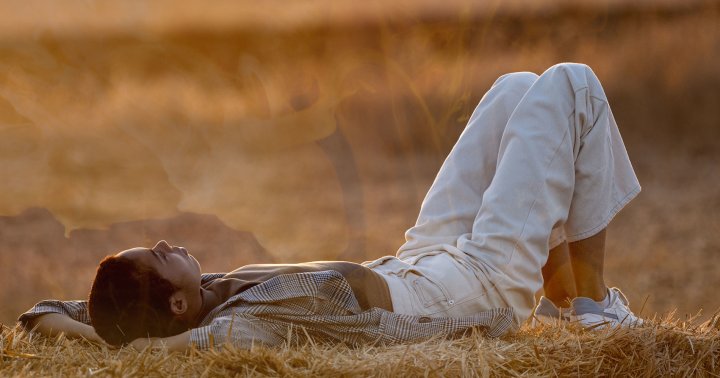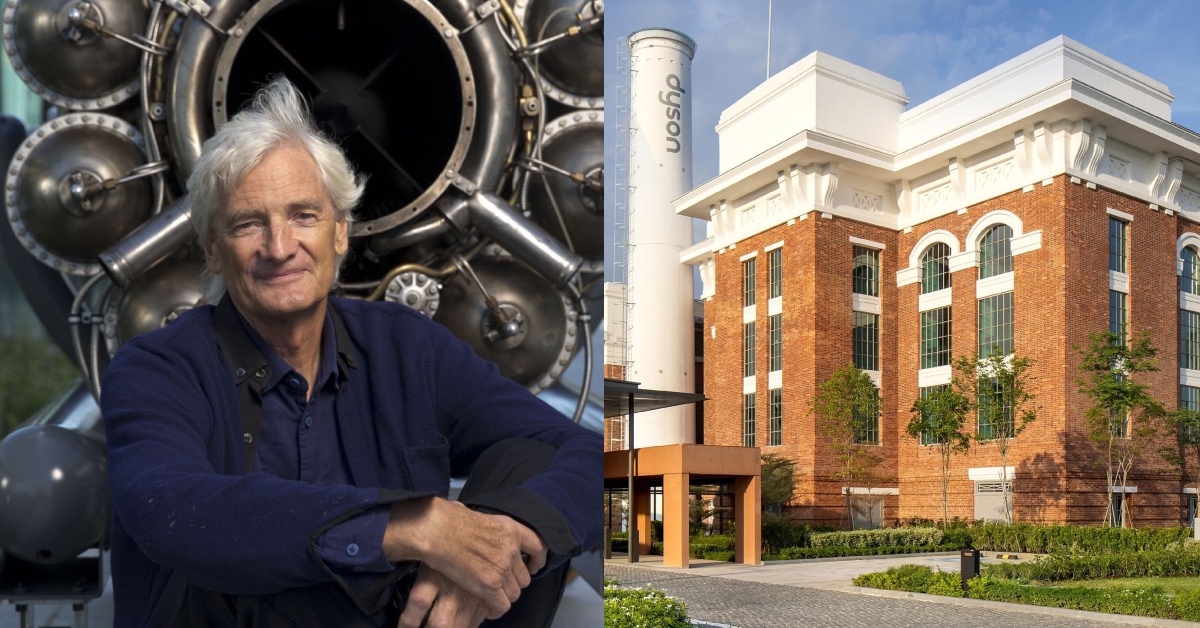A 12-Minute Meditation to Replenish Cognitive Energy
Boost your cognitive energy resources by intentionally focusing on your senses and all that you notice in and around your body. The post A 12-Minute Meditation to Replenish Cognitive Energy appeared first on Mindful.

Our mental energy is our capacity to focus and process information effectively. In reality, we have limited cognitive resources to use for thinking, planning, strategizing, and willpower. If we keep drawing from that pool of resources without restoring them, we can feel depleted. Our brain gets sluggish, and we don’t make very good decisions.
This meditation is the third in a series of four where we’re going to visit four domains of energy: physical, emotional, mental, and intentional. We’re going to explore meditations, contemplations, and skillful actions that we can take every day to replenish our energy in these four domains. The energy in these four rooms is interconnected, so if you are out of balance in one room, you’re going to feel it in the other rooms and you will know it in your body.
So let’s start today by visiting the mental room and learning how to replenish our cognitive energy by returning to our senses. When we use our physical senses—touch, sight, smell, hearing, taste—our thinking mind gets to rest and can build up its storehouse of resources again.
A Guided Meditation for Cognitive Energy
1. Come to a comfortable posture. You can do this practice while sitting, but you can also be walking if you like. If you have access to a quiet space outside, I encourage you to take this practice outdoors.
2. Whenever you feel ready, if you’re sitting, you can lower or close your eyes. If you’re outside walking, keep your eyes open and soften your gaze and allow your body to tune into other input as you move through your senses. We’ll be transitioning from one sense to another, but feel free to return to one if that feels natural to you.
3. We’ll start with the sense of touch. Notice any sensations of touch in your feet. The contact they are making with the floor or the ground. You’re placing your attention on your direct, immediate experience of the sensations of touch. So you’re not thinking about it, you’re just feeling what’s happening in your feet. For instance: any patterns of pressure, the feeling of blood flowing, tingling, the sensation of your footwear, or if you’re barefooted, then the touch of air touching your skin. Where else in your body can you feel the air touching your skin? Notice other sensations, like heat or cold, how your clothes feel, or the wind moving through your hair.
4. Next, let’s turn our attention to the sounds in your environment or within you. We’re purely listening to the sounds arising around you. So there’s no need to go searching for sounds, or wonder where they’re coming from. We’re just staying open to receiving all the sounds coming and going with a spacious mind and body.
5. Every now and then, you may discover that your mind has drifted to thinking. That’s totally natural. As soon as you notice it, simply return with kindness back to your senses.
6. Now, let’s shift our attention to smells. Maybe there’s a smell of coffee or tea. If you’re outdoors, of course, you may discover very different smells and what you find inside your house or office. So again, with that spaciousness in your mind and body, just notice any smells or even the absence of smells. In that patience and just being, we may start to uncover newer smells that we had not noticed earlier.
7. Now, if your eyes are closed, gently open them. If you’re walking, begin focusing on what you see around you. You don’t need to get lost in labels, or whether you like the object or not. Look as though you are looking for the first time, noting textures, colors, lightness, shadows.
8. When you feel ready, take a deep breath and allow your thinking mind to come back online. As we end the practice today, you might want to remind yourself to check in with your senses. You can even put up a sticky note as a reminder. Taking small sensory breaks can be really helpful for replenishing our cognitive energy stores. I’ll leave you with these words from the Irish poet William Butler Yeats. He says, “We can make our minds so like still water that beings gather about us that they may see, it may be, their own images, and so live for a moment with a clearer, perhaps even with a fiercer life because of our quiet.” Thank you for your practice today.

 Aliver
Aliver 






























